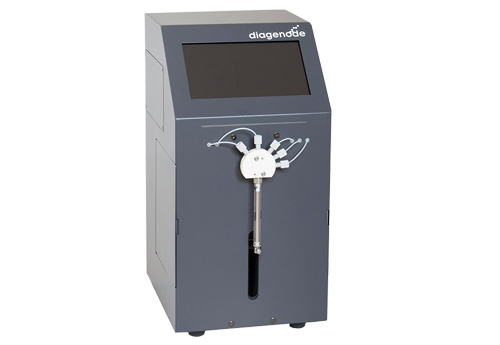Genomic Characterization of VIM and MCR Co-Producers: The First TwoClinical Cases, in Italy.
Marchetti, Vittoria Mattioni and Bitar, Ibrahim and Sarti, Mario andFogato, Elena and Scaltriti, Erika and Bracchi, Chiara and Hrabak, Jaroslavand Pongolini, Stefano and Migliavacca, Roberta
BACKGROUND: the co-production of carbapenemases and -genes represents a worrisome event in the treatment of infections. The aim of the study was to characterize the genomic features of two clinical complex (ECC) isolates, co-producing VIM and MCR enzymes, in Italy. METHODS: species identification and antibiotic susceptibility profiling were performed using MALDI-TOF and broth microdilution methods, respectively. Transferability of the and - type genes was verified through conjugation experiment. Extracted DNA was sequenced using long reads sequencing technology on the Sequel I platform (PacBio). RESULTS: the first isolate showed clinical resistance against ertapenem yet was colistin susceptible (EUCAST 2020 breakpoints). The gene was harbored on a conjugative IncHI2 plasmid, while the determinant was harbored on a conjugative IncN plasmid. The second isolate, resistant to both carbapenems and colistin, harbored: gene and its two component regulatory genes for increased expression on the chromosome, on non-conjugative (yet co-transferable) ColE plasmid, and on a non-conjugative IncA plasmid. CONCLUSIONS: to our knowledge, this is the first report of co-production of VIM and MCR in ECC isolates in Italy.

